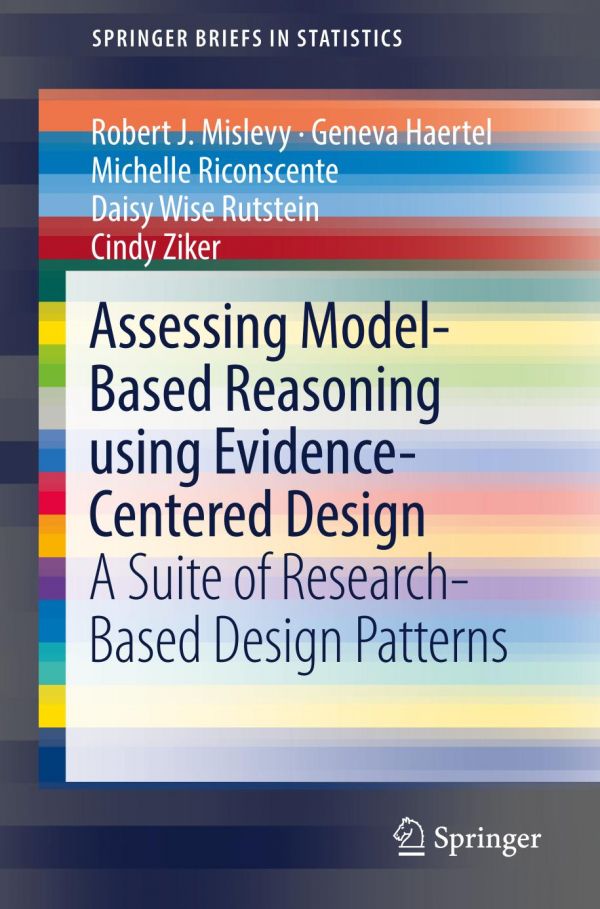

Most ebook files are in PDF format, so you can easily read them using various software such as Foxit Reader or directly on the Google Chrome browser.
Some ebook files are released by publishers in other formats such as .awz, .mobi, .epub, .fb2, etc. You may need to install specific software to read these formats on mobile/PC, such as Calibre.
Please read the tutorial at this link: https://ebookbell.com/faq
We offer FREE conversion to the popular formats you request; however, this may take some time. Therefore, right after payment, please email us, and we will try to provide the service as quickly as possible.
For some exceptional file formats or broken links (if any), please refrain from opening any disputes. Instead, email us first, and we will try to assist within a maximum of 6 hours.
EbookBell Team

4.3
58 reviewsThis Springer Brief provides theory, practical guidance, and support tools to help designers create complex, valid assessment tasks for hard-to-measure, yet crucial, science education standards. Understanding, exploring, and interacting with the world through models characterizes science in all its branches and at all levels of education. Model-based reasoning is central to science education and thus science assessment. Current interest in developing and using models has increased with the release of the Next Generation Science Standards, which identified this as one of the eight practices of science and engineering. However, the interactive, complex, and often technology-based tasks that are needed to assess model-based reasoning in its fullest forms are difficult to develop.
Building on research in assessment, science education, and learning science, this Brief describes a suite of design patterns that can help assessment designers, researchers, and teachers create tasks for assessing aspects of model-based reasoning: Model Formation, Model Use, Model Elaboration, Model Articulation, Model Evaluation, Model Revision, and Model-Based Inquiry. Each design pattern lays out considerations concerning targeted knowledge and ways of capturing and evaluating students’ work. These design patterns are available at http://design-drk.padi.sri.com/padi/do/NodeAction?state=listNodes&NODE_TYPE=PARADIGM_TYPE. The ideas are illustrated with examples from existing assessments and the research literature.